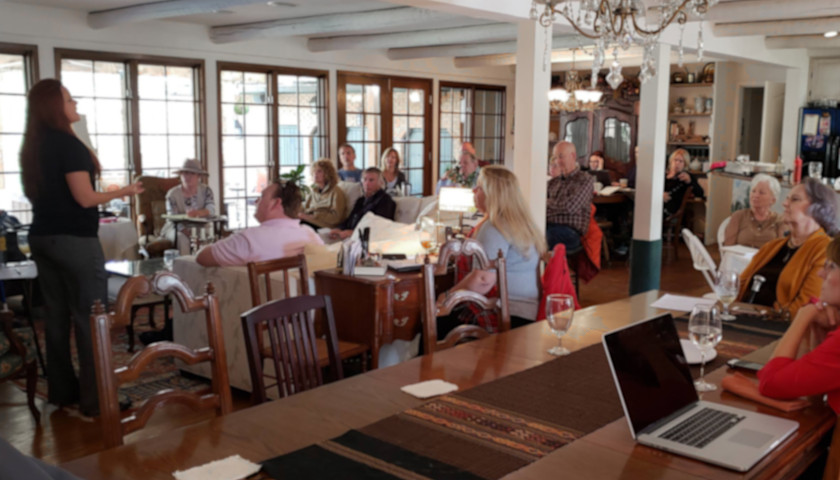MURFREESBORO, Tennessee – Statewide grassroots organization Americans For Prosperity-Tennessee (AFP-TN) conducted training for citizen lobbyists in preparation for the upcoming legislative session of the 111th Tennessee General Assembly. Between the House and Senate, the legislature will have more than two dozen new members, the most since Reconstruction, when it reconvenes in January 2019.
According to its website, AFP-TN is committed to advancing every individual’s right to economic freedom and opportunity through citizen education and engagement. The Tennessee chapter is focused on breaking down barriers to opportunity, achieving policy victories that can serve as model legislation for other states, and continually growing our activist base to encourage more people to turn from apathy to engagement in the process.
AFP-TN State Director Tori Venable lead the four-hour training session for more than 20 attendees, several of whom came from as far as Knoxville, that focused on legislative advocacy and making the case for citizens holding legislators “accountable to the true purpose of public service.”
Examples of issues that require legislative advocacy include legislative actions that increase barriers for economic prosperity, budget issues, legislative actions that cause encroachment on personal rights and freedoms.
While citizens can use email, phone calls and social media to contact legislators, face-to-face is the best means, Venable said.
To assist in enabling face-to-face meetings, Venable reviewed the location and floor-by-floor layout of the Cordell Hull Building, home to the Tennessee General Assembly as of last year. Tips for nearby and cost effective parking options were also shared.
Coming from a wide variety of interests, backgrounds and activist experience at the city, county and state levels of government, attendees were encouraged to use their particular skillsets to assist legislators with research and improving proposed legislation.
Attendees learned that bills are heard in the committee assigned by the speaker-appointed clerk of each respective body, triggered by the sponsor putting their bill “on notice.” Committees and subcommittees generally have a specified meeting day of the week, time and throughout the session, which typically lasts from January to the end of April.
A tutorial on the Tennessee General Assembly website demonstrated various features including committee composition, calendars and schedules and bill tracking. Individual bills are searchable by a “SB” or “HB” prefix for Senate Bill or House Bill, respectively, followed by a sequential number consisting of preceding zeroes as needed to achieve four digits.
The site is comprehensive when it comes to information included on each bill such as the bill’s history, amendments once passed, votes, livestreamed and archived video covering each time the bill is discussed in committee or on the floor, as well as the fiscal note detailing the costs or savings to the state or local government.
The important issue of compliance as it relates to lobbying was also addressed. A citizen lobbying “on their own time and dime” are not required to register as a lobbyist, attendees were told. However, citizens reimbursed for expenses such as meals, mileage or parking in conjunction with lobbying more than 10 days per year must register as a lobbyist.
Citizens registering as a lobbyist will have a $150 registration fee waived, which is not the case for a $40 training fee and possibly a $400 professional privilege tax. While citizens lobbying state legislators with AFP-TN are not reimbursed for expenses, therefore not requiring it, a benefit to registering as a lobbyist with the Tennessee Ethics Commission is that the security lines at the entrances can be bypassed.
—
Photo “Americans for Prosperity” by Americans for Prosperity-Tennessee.





